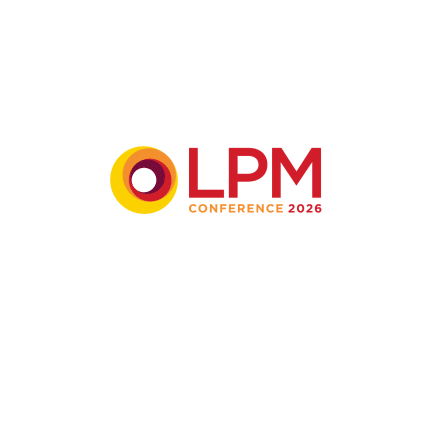
SME law’s green transition
MDY Legal supports its clients to achieve high sustainability standards. In embarking on its own sustainability transition, it hopes to better serve its clients. But what has it had to consider? And what tools and resources have helped? Diane Harris, partner at MDY Legal, writes about the firm’s actions and plans to practise what it preaches.
MDY Legal is a boutique SME firm working in the international development sector. We primarily work with public sector and public sector funded, regulated and unregulated clients. In addition to providing commercial, corporate, governance and structuring advice, we actively support our clients with their adoption and implementation of the highest standards relating to sustainability, human rights and the climate on a size and sector appropriate basis.
But do we practise what we preach? What can an SME law firm do with regards to sustainability and the protection of human rights and the climate? Will it have any positive impact if it takes action.?
As Nyree Applegarth from Higgs highlighted in an article in LPM in June 2023, SMEs contribute half of all business-driven carbon emissions in the UK, according to the British Business Bank. In December 2022, the OECD stated, “Although SMEs have a relatively small individual environmental and carbon footprint, their aggregate contribution to greenhouse gas emissions is significant, estimated at 50-70% of the GHG emissions of the business sector. Yet most SMEs are currently at the very beginning of the journey to net zero, facing considerable knowledge, capacity and resource constraints.”
We have been a participant of the UN Global Compact (a voluntary initiative based on commitments to implement universal sustainability principles and to take steps to support UN goals)for several years now and used our 2023 UN Global Compact update on progress to take a deeper dive into how we implement our policies and procedures, particularly in relation to our disclosures, our transition to net-zero and our supply chain. This coincided with the Law Society’s release of its guidance on the impact of climate change on solicitors.
As a first step on our transition to net-zero and greater sustainability, earlier this year we used the SME Climate Hub to calculate (and publish) our greenhouse gas (GHG) emissions. Unsurprisingly, at a firm where everyone works remotely, all our GHG emissions are Scope 3 (emissions that are not produced by us and are not the result of activities from assets owned or controlled by us, but are produced by those in our supply/value chains). We have boldly committed to net-zero by 2030.
The question is – how do we reduce the emissions in our supply and value chains? What leverage do we, as an SME, have to influence the behaviour of others? Will our suppliers and clients want to align themselves with our transition to net-zero? What is the impact of “advised emissions”? These are daunting questions, but we are embracing them and still believe, that as an SME, we can transition to net-zero by 2030 — without using offsets. It’s on that basis that we have voluntarily prepared a draft, first transition plan and we are currently looking at how we can improve it — how do we calculate GHG emissions generated from working from; how do we calculate our advised emissions ;what is the best way to seek independent verification of our commitments?
We also intend to publish a sustainability statement in 2023, which will reinforce our UN Global Compact commitments and highlight our commitment to responsible business. Our statement will focus on human rights, labour, environment and anti-corruption, i.e the main areas that we impact through our activities, and that impact us.
In 2022 MDY Legal was pleased to become a member of the Legal Sustainability Alliance, the leading sustainability network for law firms in the UK, whose shared resources help us keep sustainability at the heart of our business.
We are using the lessons we learned from our journey to becoming a more sustainable, net-zero business to better support our clients in the areas of climate and sustainability. We are also expanding our services to include climate risk consulting, climate compliance services, and climate impact assessment. We recognise the importance of collaboration and knowledge sharing, and, as Nyree said, the need to all pull together.



